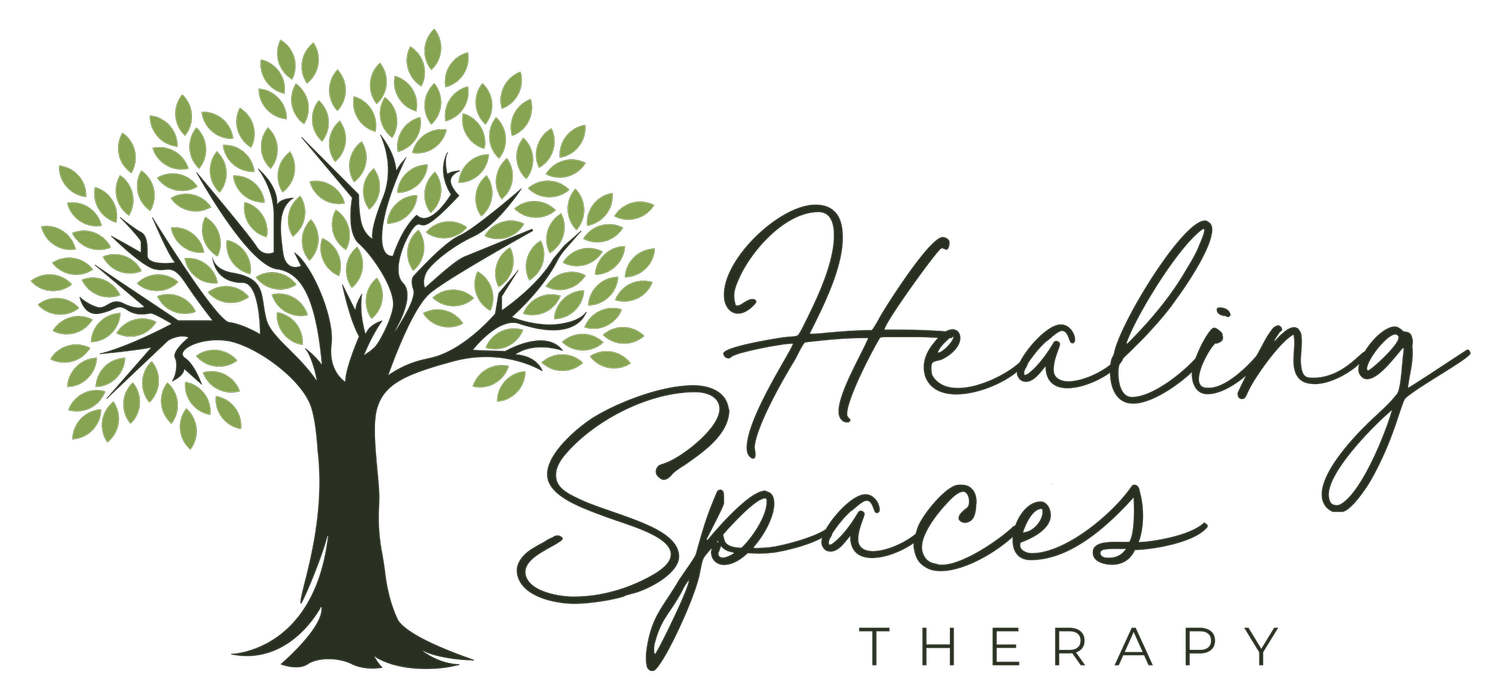How to go on a healing walk, and participate in decolonization as you do
For many of us, nature can be a source of peace, stillness, and a moment to release the tensions of the day. How we show up in these spaces may actually perpetuate harm, unless we get more intentional about it. How we relate to earth, of if we’re even aware that we are related with the earth, can carry old harmful behaviours just because that’s what we’re familiar with. We live in a time of tremendous fractures within ourselves, in how we relate to one another with social injustices, and in how we relate with the earth that may contribute to the climate crisis. Our engrained oppressive ways of relating is to build hierarchies with people and the earth, extract resources, take what we need, and leave our trash behind.
So going for a nature walk, we can get more intentional to bring about healing for ourselves, for one another, and for the earth. When we show up at a trail or park, pause for a moment. Instead of assuming we have a right to be there, check in with the space and ask permission to be there. Does that sound woo-woo? Perhaps that’s our internalized colonization speaking. I can ask the nature space, ‘What manner of being do I have permission to be here?” I have heard clients reflect from this question invitations to notice the natural world around us, to slow down, and appreciate the earth.
Notice the bird songs, the sounds of the wind rustling through the leaves, and listen to what happens inside your body. As we slow down and notice how much beauty exists around us, we may naturally feel tension leaving our body, and our mind may begin to relax. Look around you with greater intention, really seeing the nuances of colours, the soft movement of shadows. Notice who is here with you, the insect beings, the squirrels, the many plant beings. Take an expanse of time to listen to sounds both near and far. Are there birds calling to each other? What might they be communicating? Notice how the natural sounds make you feel, notice how the human made sounds impact your body. If you notice tension arise inside you, with your breath you can release the energy. You can choose instead of dumping your tension to release it as charged energy, and let it flow out and nourish the wider systems, sending your intentions as you do. As you choose to slow down, you are stepping out of the destructive narrative that our bodies and the earth are machines that can keep on producing. Let your stillness be an act of nurturing.
For Indigenous people who are healing the ongoing impacts of colonization, connecting with ancestral and traditional land is a powerful reclaiming of identity. Being with land that holds the memory of your ancestors is a gift of intergenerational healing as humans and with our earth kin. For those who are racialized settlers, what nourishes your sense of belonging, your rootedness to place? For those who are white settlers here, how might we offer respect to the ancestors of the land we live in or visit? What is being called out in us to heal what our ancestors did, what we are still doing? How do we honour ourselves, each other, and the earth? For us all, as we walk on this land, perhaps we can invite relationships with the plant beings. We can begin to learn to listen to what the plants might be communicating about right relationship.
Before leaving the natural space, in whatever way feels fitting for you, offer back your gifts. This might be a tangible act of picking up litter, pouring from your water bottle onto a plant, or an energy of gratitude back to the spirits of this land and the ancestors of this place.
Notice how opening ourselves up to more reciprocal ways of relating may carry shifts for how we go about our lives beyond this place. Later that day perhaps we attune to our own bodies a little more when needing a rest, perhaps we become more aware of social injustices as we make our way home. Maybe the little steps we take can bring us closer to ourselves, one another, and our place in contributing to the healing of this earth.
We can make choices for how we want to walk and be open to who we might discover along the way. Blessings for your journey.
Sincerely,
Melissa
We cannot talk about restoring our relationship to the land without talking about restoring the land to relationship with the people from whom it was taken.
-Patty Krawec, Becoming Kin: An Indigenous Call to Unforgetting the Past and Reimagining Our Future
